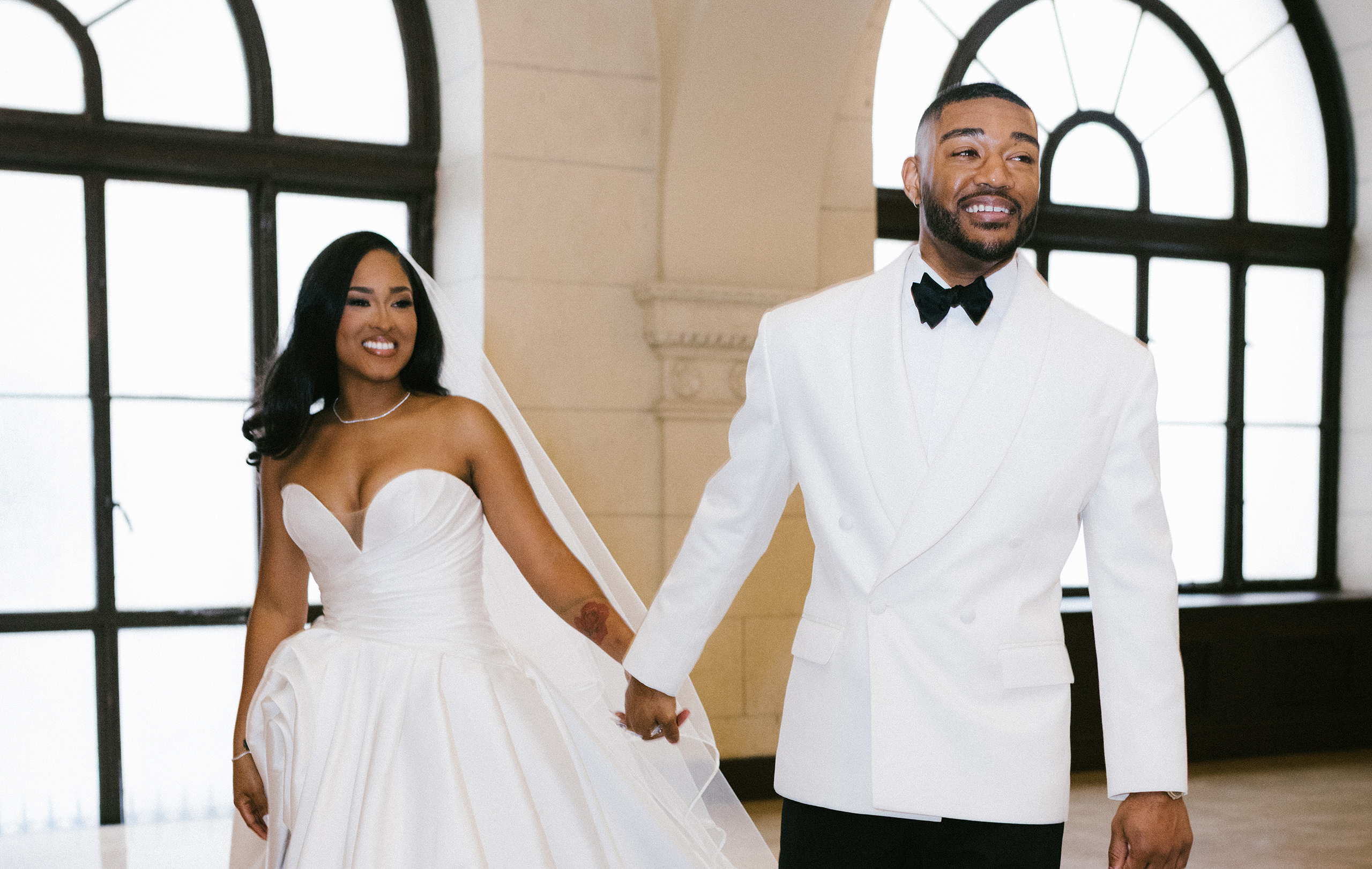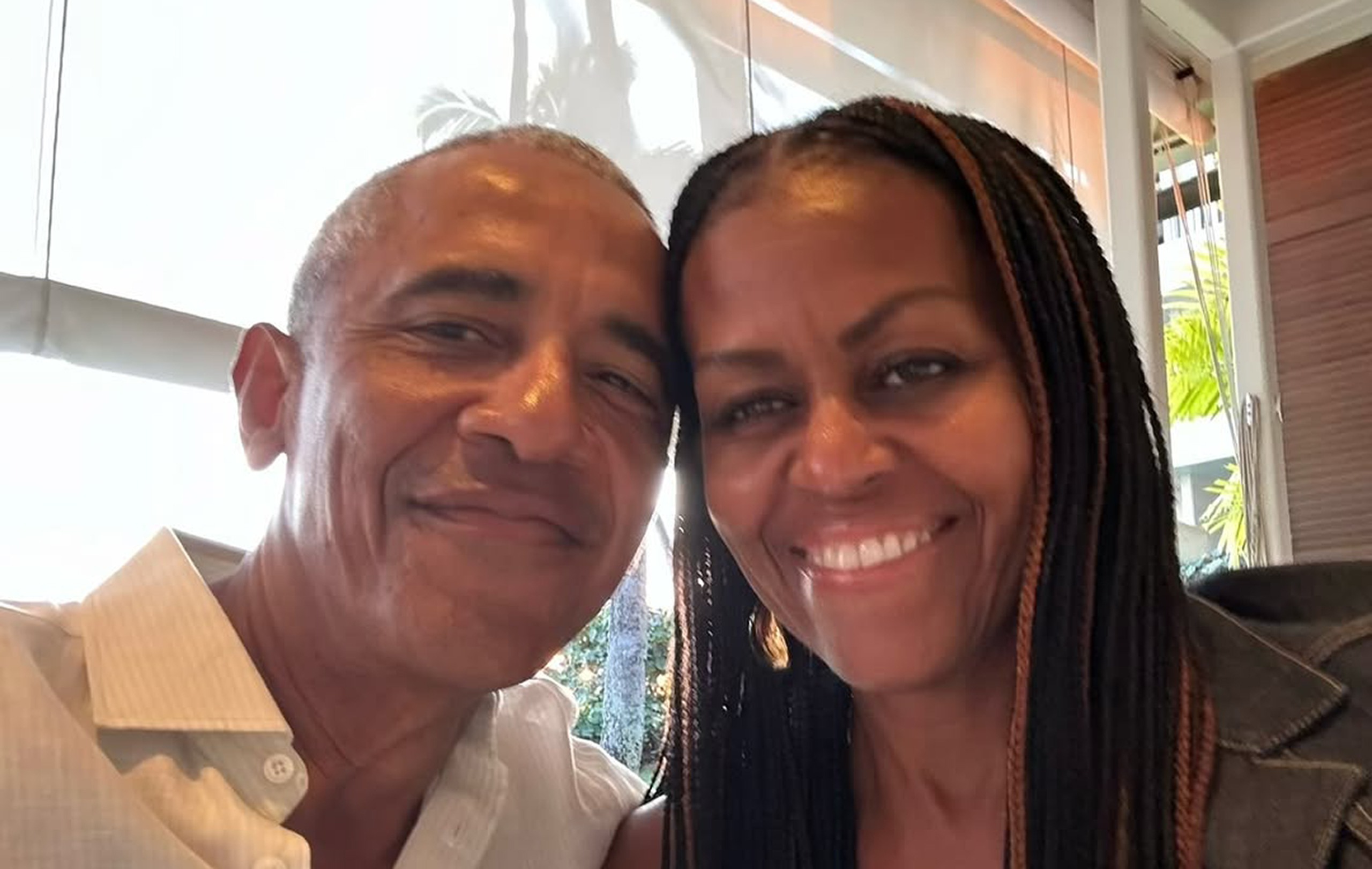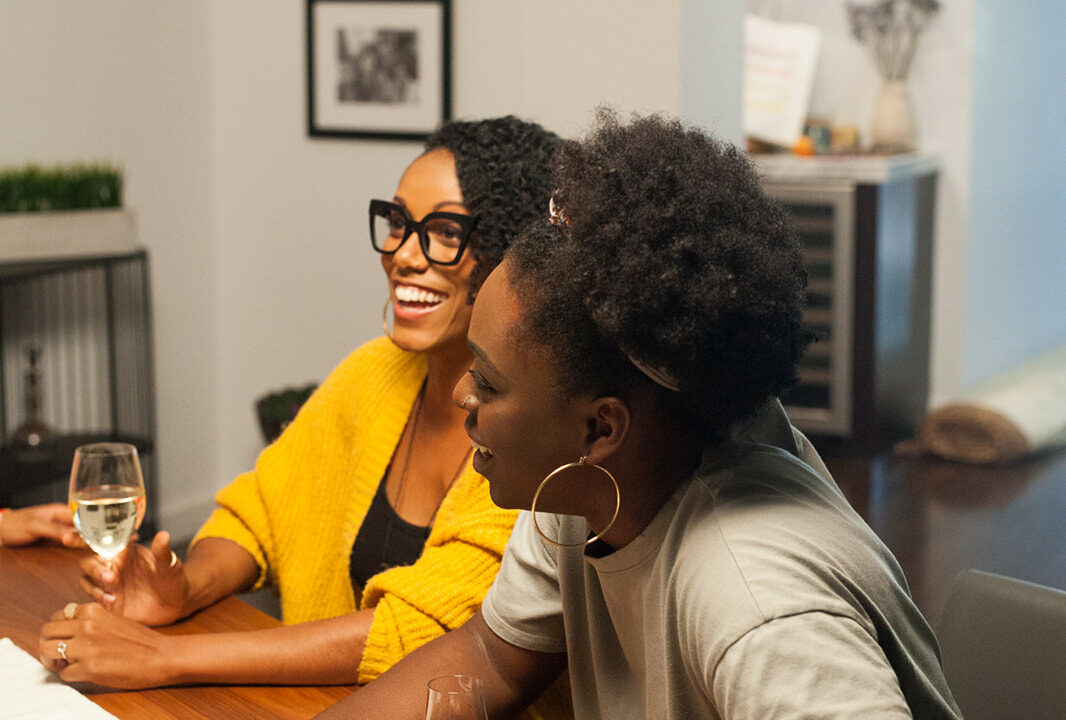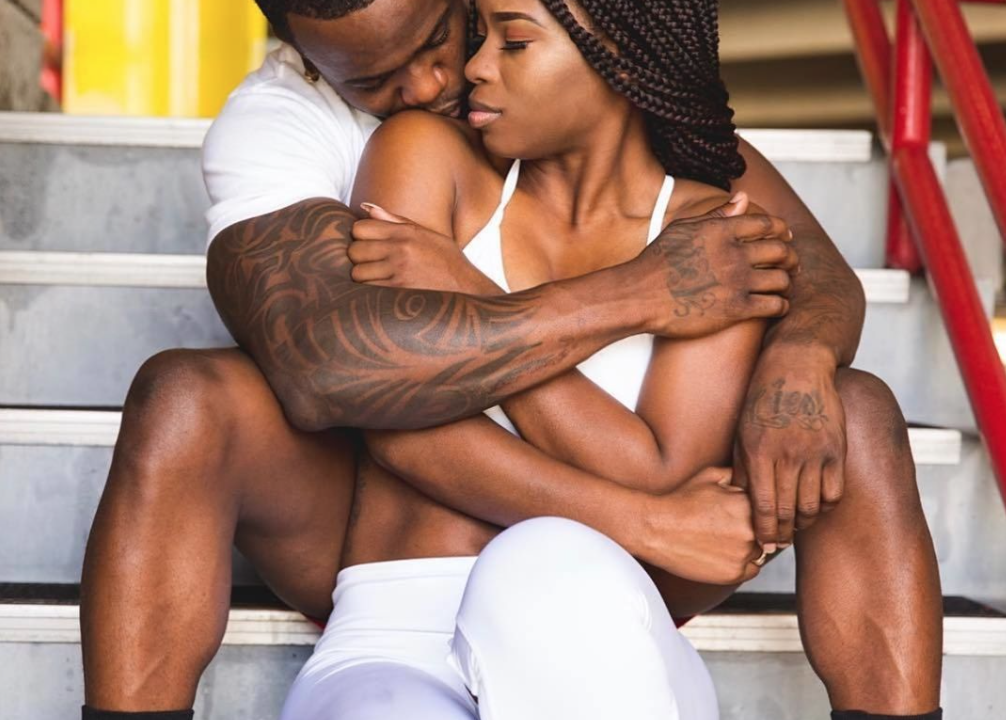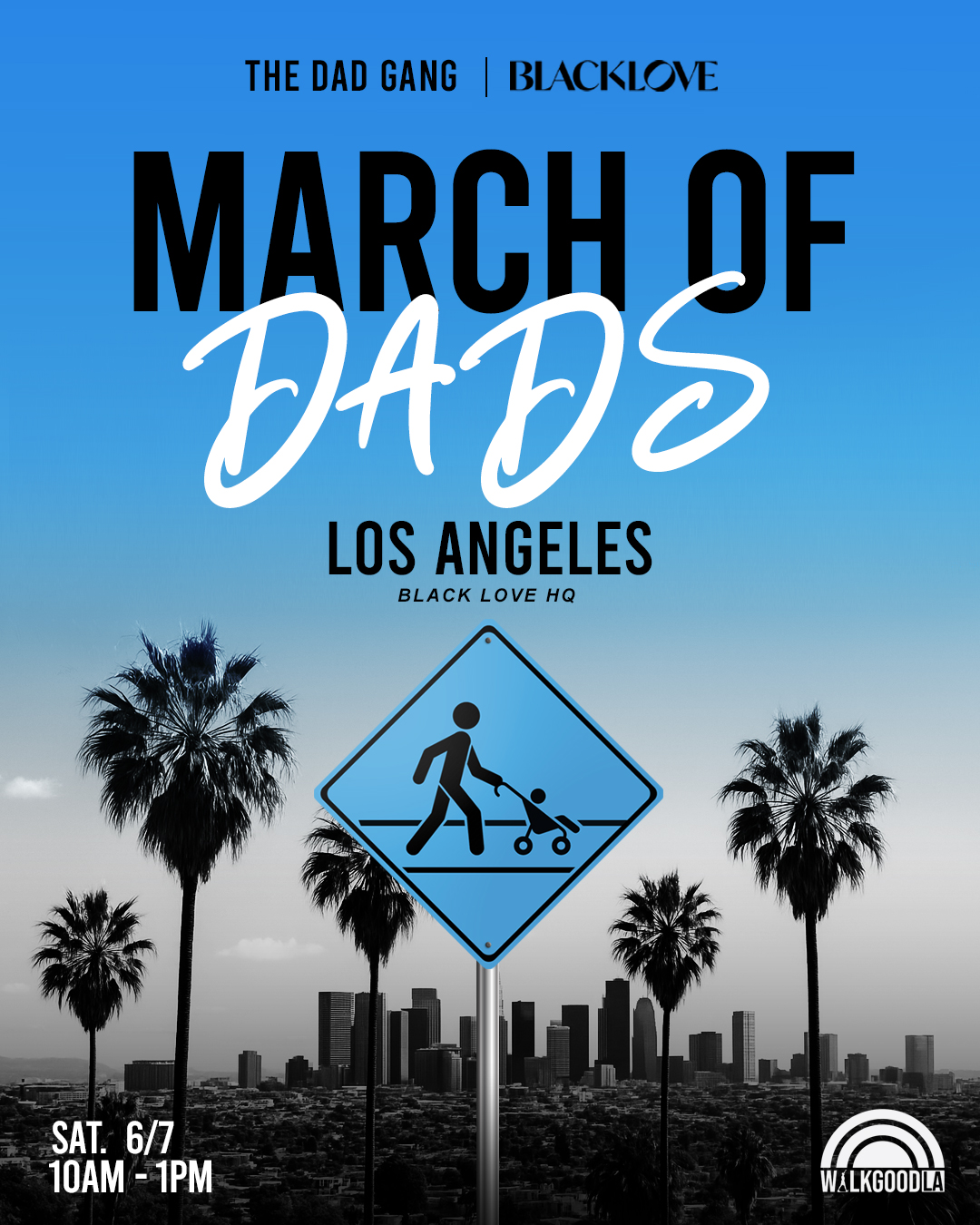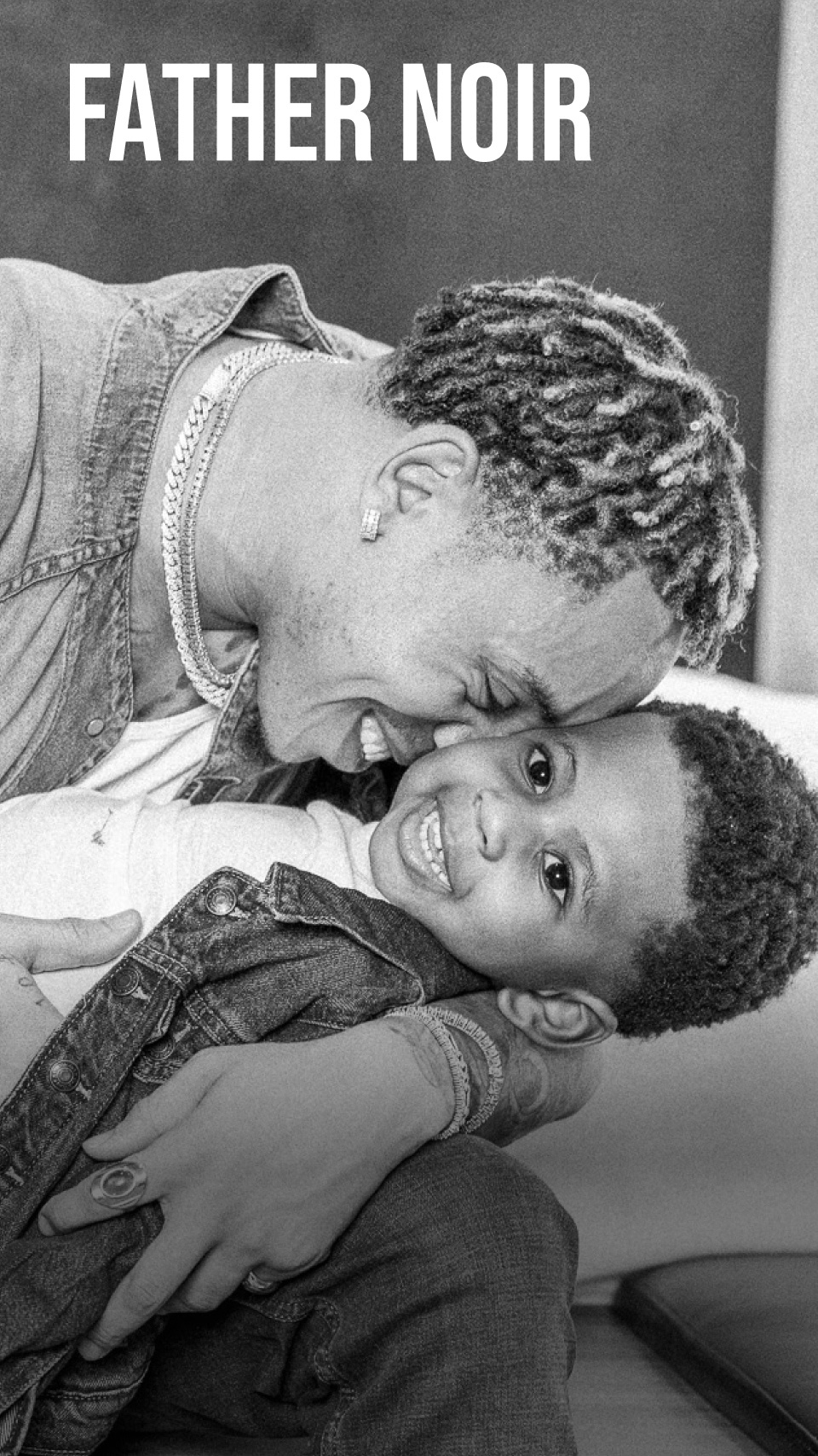
Courtesy of pexels.com
Courtesy of pexels.com
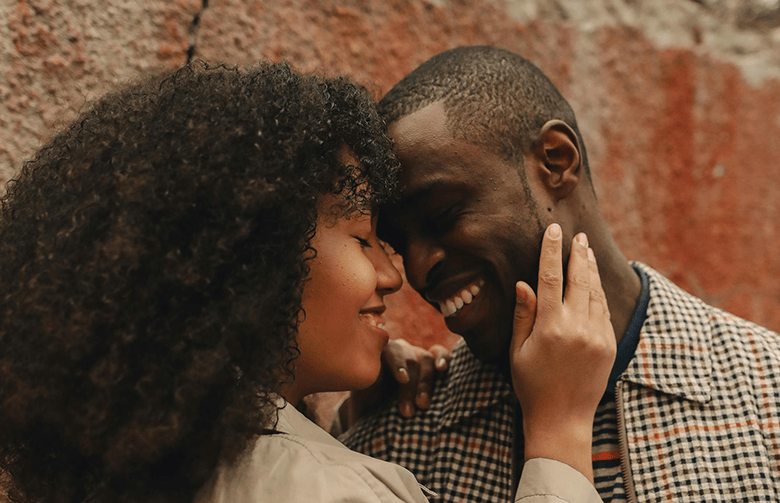
Courtesy of pexels.com
On-screen depictions of Black love, and what it can endure, live on timelessly. I, along with many others, still gush over the poetic declaration of love from Larenz Tate’s Darius Lovehall in “Love Jones” and the epic friendship to lovers story between Common’s Scott McKnight and Queen Latifah’s Leslie Wright in “Just Wright.” Iconic television couples, like Martin and Gina from “Martin” or Aunt Viv and Uncle Phil from “The Fresh Prince of Bel-Air,” have become Black culture’s basis for the purest form of Black love.
The fictional relationships I witnessed on-screen stayed with me. From the honeymoon phase through the climatic struggle to the glorious declaration of love, these stories morphed into my own “couple goals.” I began searching for a love story at a young age that was filled with the same reckless passion as Gabriella Wilde’s Jade Butterfield and Alex Pettyfer’s David Axelrod in the 2014 rendition of “Endless Love.” I desired a connection so deep that it would defy life-altering news, like Laz Alonso’s Jason Taylor and Paula Patton’s Sabrina Watson in “Jumping the Broom.” I dreamed of having an everlasting love, similar to Ryan Gosling’s Noah Calhoun and Rachel McAdams’ Allie Hamilton in “The Notebook.”
These love stories set a rigid blueprint for expectations in my own real-life partnerships. In any space or circumstance, I began to expect that I’d meet the person that I’d love for the rest of my life in the most storybook way, like dropping my textbooks in the middle of the hallway after bumping into someone special. In my mind, those few seconds would feel like a lifetime. That brief interaction where we looked into each other’s eyes after our hands coincidentally touched would mark the start of our own forever.
My college years included similar delusions of my hopeless romanticism. I assumed that true love would include the grand declarations of love that I saw from Dwanye Wayne in “A Different World.” The thought of a potential meet cute consumed my thoughts, as I searched for those quirky life-altering moments during classes, at parties and in the cafeteria.
Eventually, I realized that men couldn’t live up to the unrealistic examples of love shown in TV and film. It made me wonder if romanticizing these on-screen representations of Black love negatively impacted my earliest real-life dating experiences.
“The biggest thing that we want in our adult relationships [and] as adults period is to be loved,” says Shanet Dennis, a licensed marriage and family therapist. “[But,] to sell that idea that you can be loved unconditionally, when you are raw [and] when you haven’t healed … that’s a lie.”
Related Articles:
Top 12 Romance Movies Straight From the Black Love Team
5 Movies That Remind Us That All You Need is (Self) Love
How Tia Williams, Kennedy Ryan, and More Black Romance Authors Shaped My Understanding of Self
In agreement with Dennis, licensed marriage and family therapist Quinelle Hickman says that romantic television shows and movies sometimes fail to depict the true depth of relationships. Hickman describes it as a “partnership, where you acknowledge the strengths of each person and then you work together.” She believes the longevity in real-life relationships lies in the couple’s willingness to communicate and work through issues in a respectful way. This reality is often erased from the dramatizations of romantic love on screen.
Dennis believes that there are two major models that exist in film and television: the “Barack and Michelle Obama” model and the “Toxic Relationship” model. The “Barack and Michelle Obama” model shows relationships in its true and healthy form, enduring through both the good times and the bad. The “Toxic Relationship” model demonstrates love as only a struggle with loads of relationship red flags.
Both models only scratch the surface of the intricacies of a real relationship. “All the work in between the fracture and getting healthy is long and hard, [and] there’s not enough time to show that kind of work,” Dennis says. “Nowadays, people don’t realize that healthy relationships take work.”
Despite everything, Hickman and Dennis believe that these on-screen depictions of love do more good than harm. Hickman notes that the largest benefit to these epic love stories is that it keeps people hopeful. The on-screen depictions of love and romance give people the motivation needed to keep going in their search for love.
“[These movies and television shows provide] hope that we don’t have to fight so hard to find a partner … and it keeps you open to trying,” Hickman says.
While I may not have the same grand fantasies of love that I learned from TV and film in my early years, I still have hope and that’s more than enough.
Related Articles
Jerrold Smith II & Cheryl Des Vignes’ wedding was a modern-day fairytale soaked in culture, creativity, and Black love.
Celebrate their marriage and partnership with the release of the documentary “Time II: Unfinished Business”
When Elitia and Cullen Mattox found each other, they decided that they wanted their new relationship together, their union, to be healthier and different.
Featured Articles
The vision for our engagement shoot was to celebrate ourselves as a Young Power Couple with an upcoming wedding, celebrating our five year anniversary - glammed up and taking over New York.
Let’s take a trip down memory lane and revisit 10 times Michelle Obama gave us a masterclass in love.
When it comes to finding the perfect hairstyle for your wedding, there are a lot of options to choose from. The main goal is to pick the hairstyle that is just right for you.
Yes, I wanted my mom to still love me, but I needed her to love me. I wanted to know that by opening up about this part of my life she could actually love me more fully.
When Elitia and Cullen Mattox found each other, they decided that they wanted their new relationship together, their union, to be healthier and different.
We asked married men a few questions about sex: how has it changed, why it has changed and what would you like to do differently? See what they had to say!

